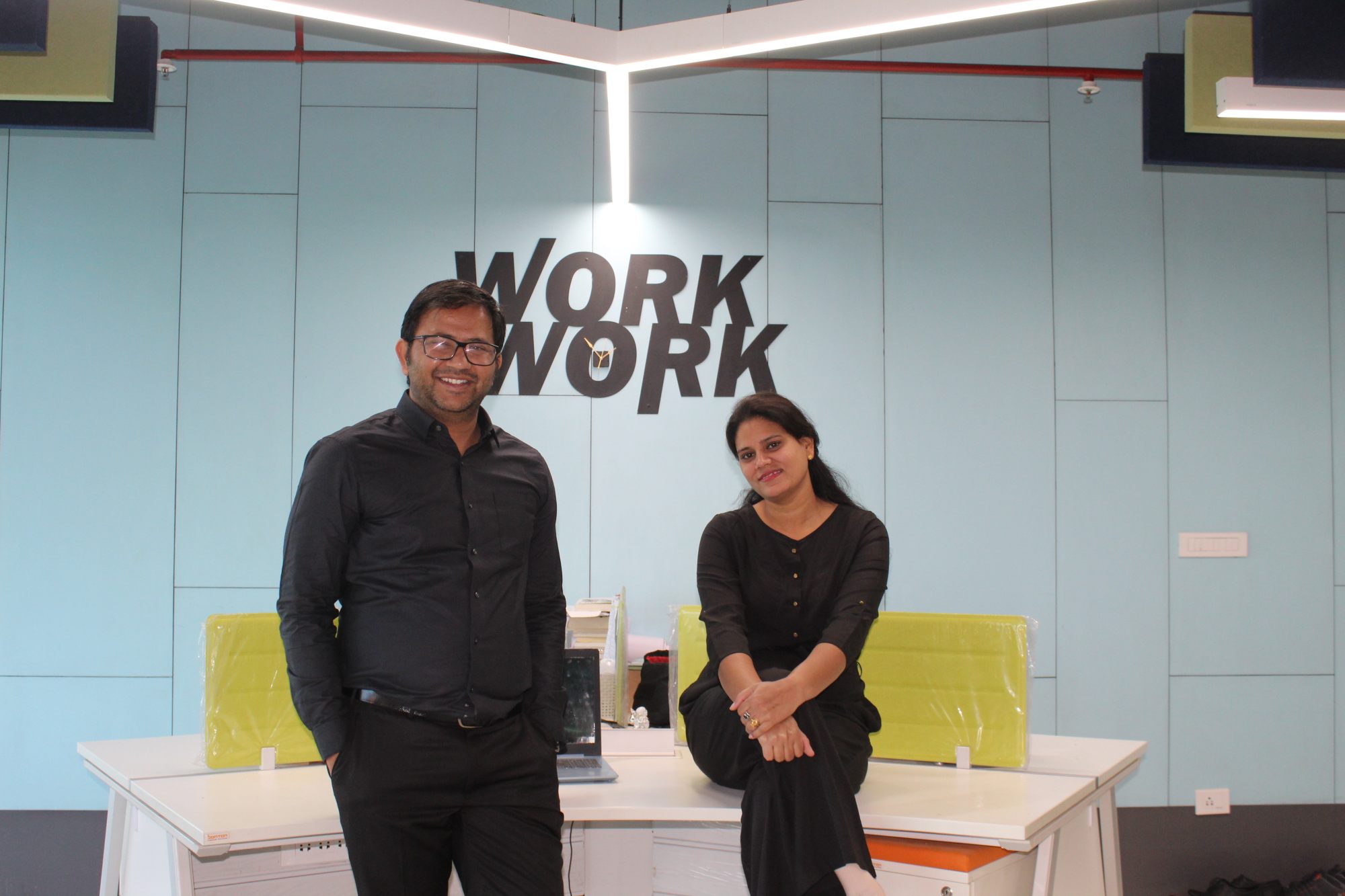
Smart toilets in India are clean, hygienic and a safe space for women – meet the start-ups building tech-enabled rest stops along the nation’s roads
- Start-ups in India have taken advantage of the government’s seeming unconcern at the lack of clean, female-friendly bathrooms along the nation’s highways
- A number of entrepreneurs have created tech-enabled toilets that offer extras such as cafes, stores, Wi-fi, feeding/nappy changing rooms, showers and lounges
Eight years ago, Neelam Singh was on a night bus from Indore to Udaipur, northern Indian cities about 400km (nearly 250 miles) apart.
It was past midnight when the bus stopped in a small town and she and her husband, Yashwant Suthar, left to use the bathroom.
The women’s toilets were dirty and unusable, so Singh explored the surrounding wilderness for somewhere to relieve herself. Her husband stood guard, but what ensued left Singh traumatised.

Indore-based Lootel is among a clutch of Indian start-ups that are building user-friendly rest stops along the nation’s highways.
Clean toilets and sinks are the basis of these rest stops, but all offer other services and facilities, such as cafes, stores, Wi-fi, charging stations for electric vehicles, feeding/nappy changing rooms, showers, and lounges and sleeping pods.
Over the past decade there has been an aggressive expansion of highways in India, reducing travel time and boosting tourism, but their lack of clean bathrooms suggests the government does not consider it important to provide them even as it struggles to tackle poor sanitation at the household level.

This helps explain why start-ups in India have sensed a business opportunity, even though, as Suthar puts it, “going into the sanitation business” is considered demeaning by his friends.
It also explains why an alumnus of the prestigious Indian Institute of Technology Delhi, who specialised in automotive design, felt it necessary to immerse himself in toilet design instead.
Other start-ups owe their roots to similar stories as that of Lootel’s founders. On a trip to Ahmedabad about four years ago, Bhopal-based Ashutosh Giri Goswami found no proper facilities for his wife and children while travelling.
“That day, the idea of setting up out-of-home conveniences crystallised,” Goswami says. FreshRooms was born a year later and the brand’s first unit opened in 2019, offering a 24-hour cafe, Wi-fi, EV charging stations and lounges along with its bathrooms, which boast touchless entry, automatic sanitisers and heated toilet seats.
There are currently 11 FreshRooms facilities in six Indian states, in urban centres with heavy footfall and on busy highways.

One of the latest entrants to the market is Travlounge, a Kerala-based start-up with US$1 million of funding that launched in March with a pilot project on the Salem-Kochi (Kerala) highway.
“One of the ladies in the family was travelling to Calicut on a bus and had a horrible time,” says co-founder Safeer Palakkathodi, of the reason for starting Travlounge. “Wherever the bus stopped, the toilets were so pathetic that she couldn’t use them and had to control herself till she reached home.
“Sometimes, women avoid drinking water while travelling because there are no proper facilities.”
These facilities meet a need, as indicated by their popularity. The 11 FreshRooms units are used on average by 2,000 people a day, while an estimated 1.2 million people have used Lootels since it launched. Travlounge’s lone unit sees more than 100 users a day.
All three cost 10 rupees (about 10-12 US cents) per use, but each operator provides the customer with benefits.
“The amount [charged] can be redeemed against anything in the cafe,” says Suthar, while Goswami says his customers can accrue points on spending, whether on toilet use or otherwise, that can be exchanged for anything in any FreshRooms outlet.

Travlounge works on a subscription model and intends to have two categories of restaurant in each of the six units Palakkathodi plans to have operating by the end of the year – a brand common to all and a smaller outlet that is local in style.
“We want to empower local people and also promote what is unique to each place,” says Palakkathodi.
Suthar foresees a gradual roll-out of more Lootels and is concentrating on the six that are in the pipeline, while Goswami has set his sights higher.
“There are 15 [FreshRooms] units that are getting ready and will be up soon, while we hope to have at least 200 up and running this year,” he says.
Both of these budding toilet tycoons hope to eventually have a network of up to 1,000 units. Suthar says that, in the long term, he intends to build Lootel into a recognised travel brand.
“Just like how we prefer a particular hotel brand or carrier when we travel, I want travellers to club us with their travel plans,” he says. “I am happy when I get calls from women to ask if there is a Lootel on their proposed travel route.”
Goswami talks up his brand as a needed employer – at least four people work in each FreshRooms unit – and hopes his start-up will bring in something more intangible: social change.
“When I was at one of the units, I saw a young girl use the app and her credit to open the toilet door for a pregnant lady who was in a hurry,” he recalls. “It is gratifying to see such moments.”

